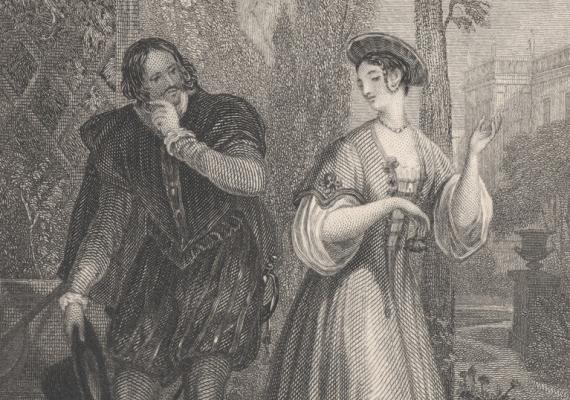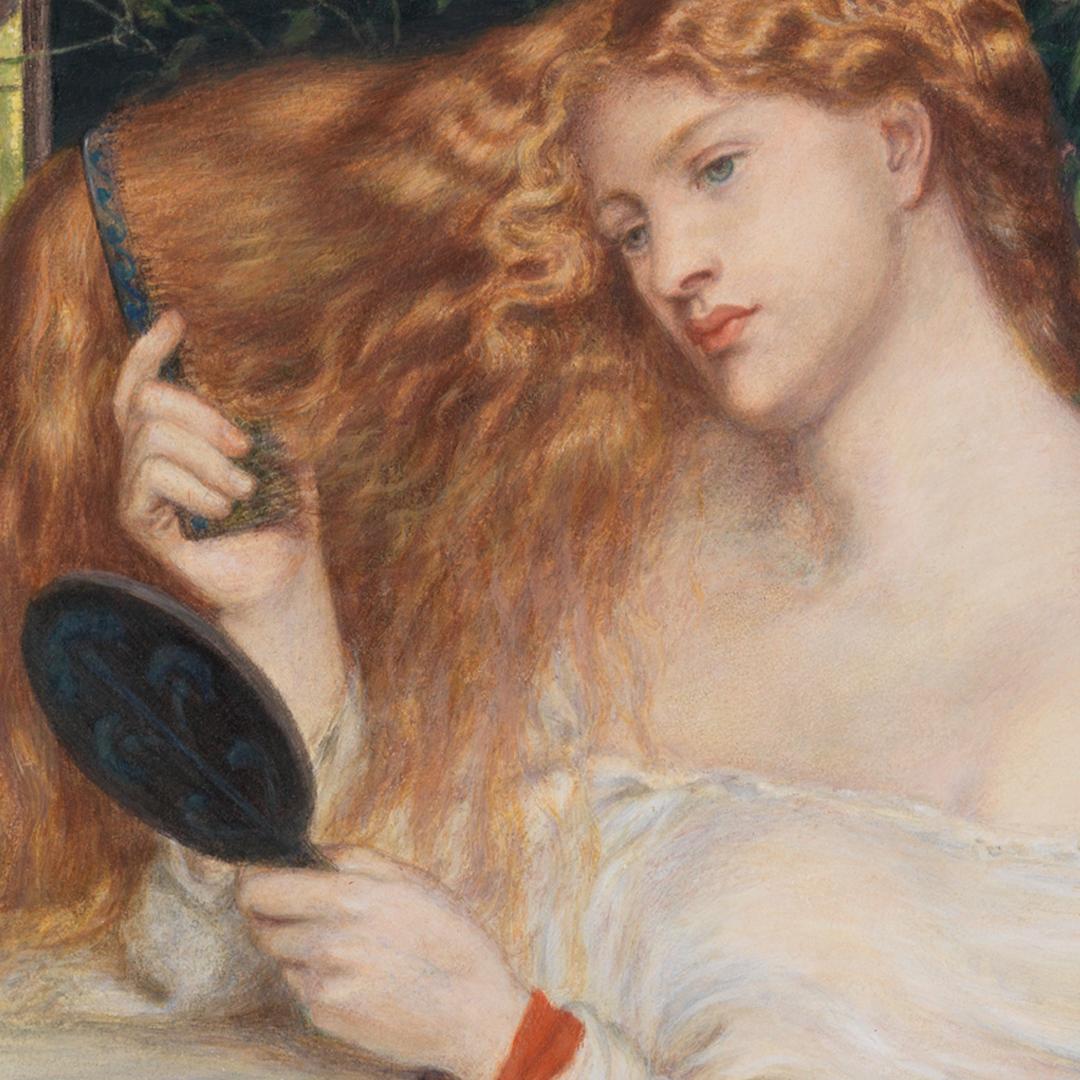A Battle of the Sexes in Early Modern Italy
In JQR 115.2 Ahuvia Goren jumps into the messy divorce of two learned and sharp-tongued Jews

Charles Heath, the elder, Detail: Beatrice and Benedick (Shakespeare, Much Ado About Nothing, Act 2, Scene 3) (London, 1825–40), Courtesy of the Metropolitan Museum of Art.
Taking a minor detour from his work as an intellectual historian with an interest in early modern skepticism, philosophy, and medicine, Ahuvia Goren unearths a rather astounding woman from the archives: Rica Clava (Rivkah Katzigin), a whip-smart and outspoken advocate for her own marital property, who not only wrote in Hebrew, but was conversant in Jewish law.
All we know of Rica is from her letters. Goren walks us through a series of eight letters written to a Rabbi Yosef Ravenna, who was called on to resolve a dispute between Rica and her ex-husband-to-be, one Shlomo Yohanan (or Yonah). Goren found the letters among Ravenna’s collected legal papers and documents.
Yonah was a learned man, prominent in his Casale Monferrato community. Of Rica we know only that she was divorcing Yonah, her second husband, and accused him of absconding with money that she claimed he collected on her behalf. Yonah denied he did either: collect or abscond.
In JQR 115.2, Goren notes that what we do know—and it is not a lot—about Jewish Italian women’s knowledge of halakhah is second hand. But with this trove of letters we get a wonderful and rare unmediated testimony to a Jewish woman’s learning. Rivka does not reveal this knowledge to us in the staid atmosphere of the classroom but deploys it in a pointedly personal mode, as a tool necessary to protect her own rights.
Even as the litigants each lay out their take on both the facts and the law, the letters are lively, acrimonious, and personal. Rica’s knowledge is continually undermined in gendered terms by her sarcastic husband, which keeps us from over-idealizing the potential empowerment such learning may have accorded Rica.
Despite the residual sexism of the letters, Goren’s find offers us new data for understanding a broader possible landscape for women in relationship to Jewish learning in early modern Italy, as well as a ringside seat to a very human, lived experience of gender, domestic life, marital mores, and more. Grab some popcorn.
Ahuvia Goren’s essay “I Too Speak the Words of God”: A Jewish Learned Woman Faces an Early Modern Rabbinic Court is available free until June 25.


